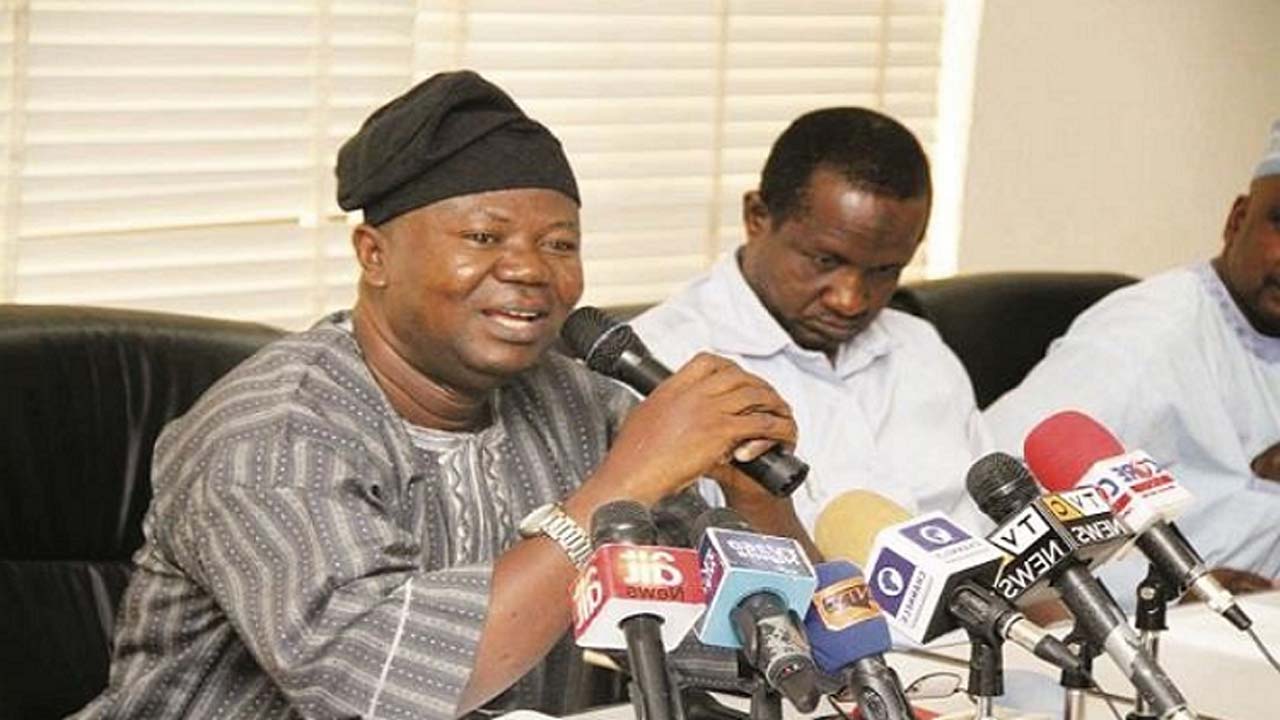
The Socio-Economic Rights and Accountability Project (SERAP) has appealed to two United Nations (UN) special rapporteurs to sway President Muhammadu Buhari-led Federal Government and the Academic Staff Union of Universities (ASUU) to reach an agreement to end the ongoing strike by the varsity teachers.
SERAP expressed worry that the strike has continued to have real and dire consequences on the right to higher education, specifically university education, as guaranteed by the International Covenant on Economic, Social and Cultural Rights, to which Nigeria is a state party.
In a letter dated 28 December 2018 and signed by SERAP Senior Legal Adviser, Bamisope Adeyanju, the group said: “By failing to prevent and end the ongoing strike by ASUU, the Nigerian government has defied and breached the explicit requirements of the right to equal access to higher education by Nigerian children and young people, under article 13(2)(c) of the covenant on economic, social and cultural Rights.”
SERAP, in the urgent appeal sent to Ms. Koumbou Boly Barry, Special Rapporteur on the right to education and Prof. Philip Alston, Special Rapporteur on extreme poverty and human rights argues that “the failure by the Nigerian government to reach an agreement with ASUU has also implicitly made access to higher education a privilege of the rich and well-to-do rather than a right of every Nigerian child and young person, as students in private schools continue to attend classes while those in public universities stay at home.
“The failure to end the strike is also a fundamental breach of the right to higher education without discrimination or exclusion, as the action continues to penalise economically disadvantaged parents who have no means or lack the capacity to pay to send their children to private schools.”
The group, therefore, urged the special rapporteurs to put pressure on the Nigerian government to take immediate action to end the deadlock in negotiations with ASUU and reach amicable settlement that would ensure that the universities are reopened without further delay and that students return to school.
The rapporteurs are also to seek increased funding and improved investments in infrastructure and innovation for public universities; investment in those whose access to education is the most hampered; and declaration of education as an essential service in Nigeria to minimise the negative impact of strike on the right to higher education, including university education.
The rights organization argued that equal access of Nigerian children and young people to quality and uninterrupted education including at the university level would contribute to producing citizens who are fundamentally equal and people who actively participate in society.
[ad unit=2]



